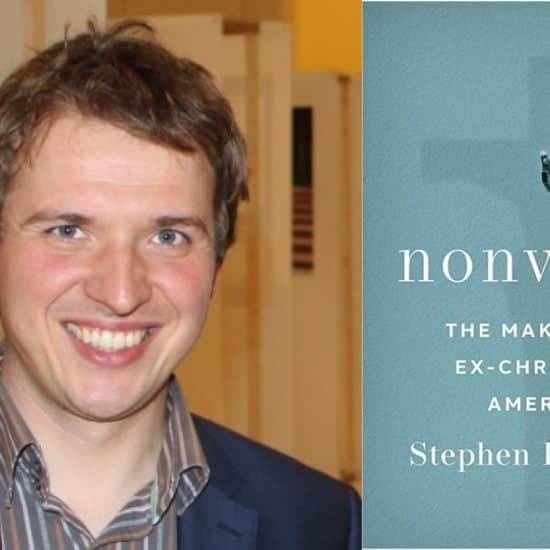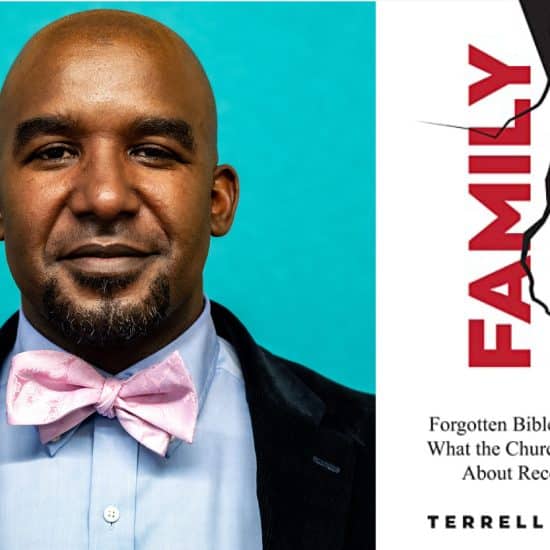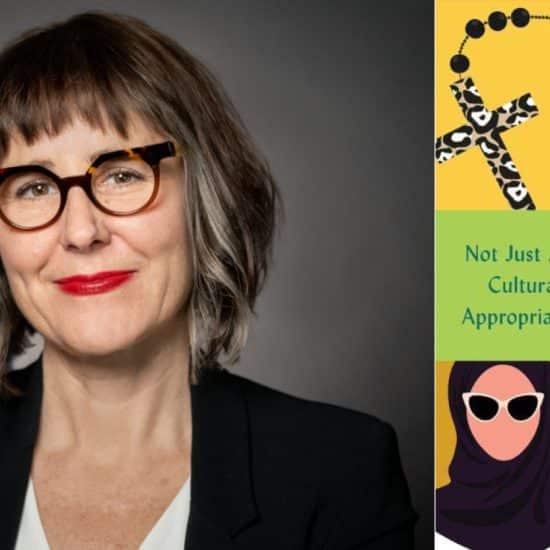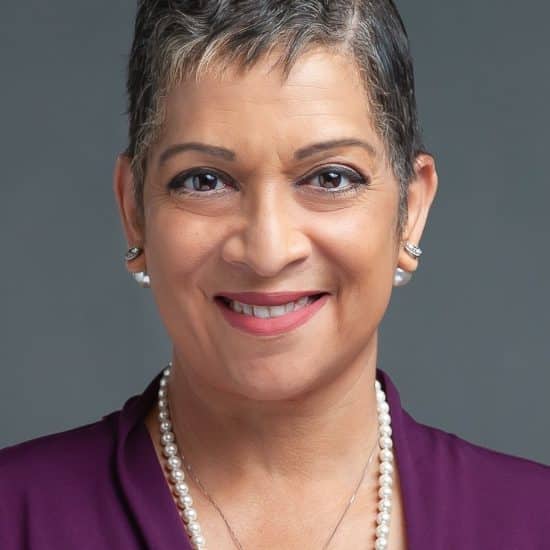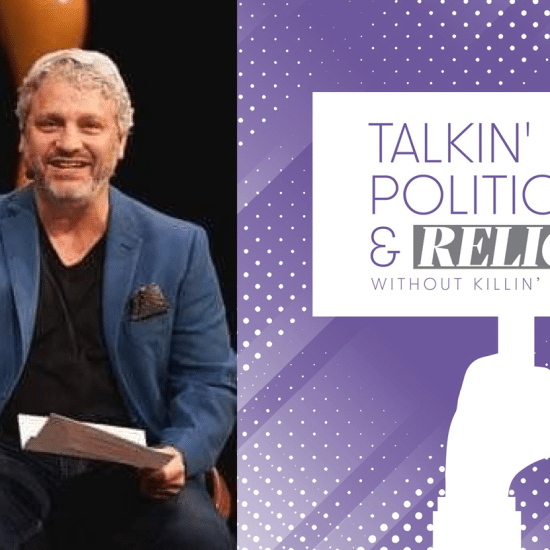BIRMINGHAM, Ala. (ABP) — Church-state specialist Martin Marty said supporting strong separation of church and state doesn’t mean you also have to oppose religion in a series of lectures sponsored by a Baptist religious-liberty organization April 27-28.
Marty’s talks were presented as this year’s Shurden Lectures on Religious Liberty and Separation of Church and State, a series sponsored by the Washington-based Baptist Joint Committee for Religious Liberty. They were hosted this year by Samford University in Birmingham, Ala.
Marty, a respected interpreter of religion and culture and author of 50 books, has written and taught extensively on religious freedom.
“There are strong impulses in society to say that you serve religion by protecting and privileging it,” said Marty. But, he added, there is a difference in protection and privilege.
“There are all kinds of ways to protect religion without privileging it,” he said.
The Framers and faith
Marty told how 18th-century French philosopher Charles Montesquieu — who wrote that religion is more harmed than helped by favoritism — influenced the writers of the United States Constitution on matters of separation of church and state.
“Montesquieu never visited America, but they were reading him,” he said of the 55 Framers who gathered in Philadelphia, Pa., for the Constitutional Convention.
In his writings, George Washington used 28 different names for God, such as "First Architect," but not one was biblical, said Marty. “They were looking for language that would enlarge the context.”
During the three-part series, Marty also told how the writings and beliefs of Benjamin Franklin and James Madison played roles in matters of religious liberty.
To some extent, the quality of indifference, such as that exhibited by Franklin, contributed to the lack of religious references in the constitution, he said. Franklin was religious, but didn’t like the dogma associated with it. Nor did he like defining religions, and opposed zealotry and fanatics, said Marty, noting that zealousness and rivalries both play large roles in religion.
“Religion in the end almost always calls for profound, sustained passionate commitment,” said Marty, an ordained Lutheran minister who taught for 35 years at the University of Chicago, primarily in its divinity school.
A degree of indifference helped move along the framing of the Constitution, which involved people who had strong convictions — but who also had to compromise with others, make choices and eventually go home.
No prayers in Philadelphia
Franklin once asked, during the Constitutional Convention, why he and his colleagues did not have morning prayers to help them in their task. The idea was scuttled, in part because there were no funds for a chaplain.
Too, said Marty, the Framers knew starting with prayers could bring a divisive element into already-delicate negotiations. “They were passionate people, but they knew that introducing religion into the setting would get them in trouble.” The situation, he said, “was a close-up of how it would be in the republic.”
James Madison, said Marty, predicted that it would be difficult to trace a line of separation between the rights of religion and civil authority without collisions and doubts.
Although little is known about his personal religious views as an adult, Madison initially saw no need for a religious-protection clause in the Constitution. However, he later became a key figure in writing the First Amendment, which includes clauses both protecting the free exercise of religion and prohibiting government endorsement of religion.
It’s not easy to draw the line between the two, said Marty, citing current court cases such as those involving military endorsement of chaplains and lobbying by Catholic bishops on health-care reform.
“Madison anticipated that it would be impossible to trace a line of distinction in all cases,” said Marty. “A wall may be slender and have holes, but it’s a wall. Madison said that a line wasn’t something you could storm. And, you could see people on the other side.”
“Separation is important, and whenever we talk of convergence we must recognize potential problems,” said Marty, who said Madison advised defending rights of religion, but not privileging religion.
The annual lectureship was established in 2004, when Baptist historian Walter Shurden and his wife, Kay, of Macon, Ga., made a gift to enhance the programs of the Baptist Joint Commttee. The lectures are held at Mercer University every three years and at another seminary, college or university in other years. The Shurdens both taught at Mercer for many years.
-30-
Mary Wimberley is a writer for Samford University.


